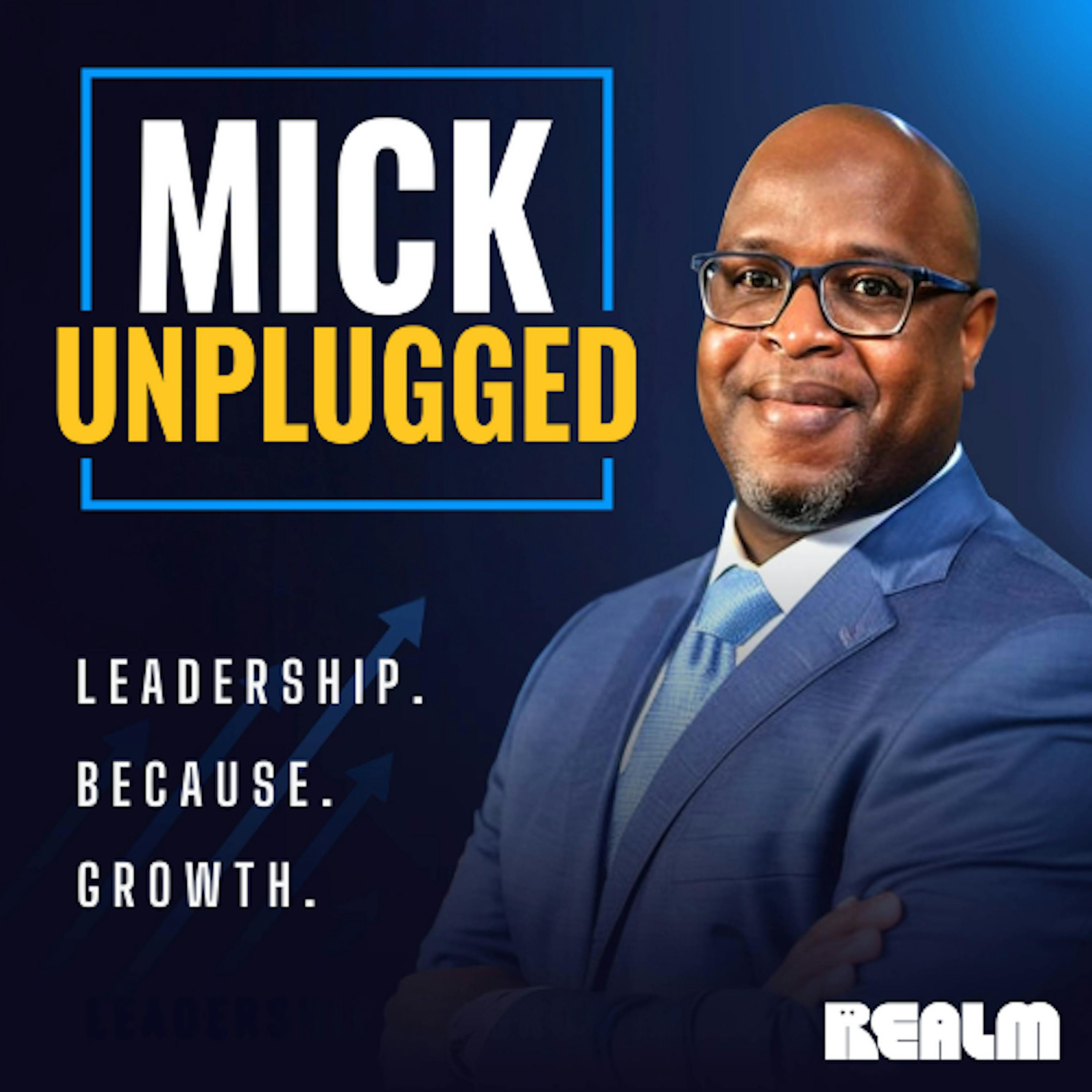Key Takeaways
- Effective speaking is a learned skill, not an innate talent, and can be developed through practice and feedback.
- The core principle of impactful speaking is to always connect a story with a point, and a point with a story.
- The book ‘The Motivated Speaker’ offers a blueprint for developing speaking skills, focusing on ’threshold concepts’ that are crucial for learning.
- Understanding and adapting to different speaking genres and audience feedback (’listening to the listening’) is vital for effective communication.
- Identifying and addressing ‘shaded habits’ is key to improving public speaking and ensuring messages are received clearly.
Segments
The Art of Connecting Stories and Points (~00:04:00)
- Key Takeaway: The fundamental rule of effective speaking is to never tell a story without a point and never make a point without a story, a principle learned from Les Brown.
- Summary: Mick and Ruth discuss the crucial balance between stories and points in public speaking. Ruth explains her method of organizing content by first identifying the core points, likening them to a family tree, and then finding stories to support those points, emphasizing that stories can take many forms and lengths.
The Motivated Speaker Book and Threshold Concepts (~00:10:00)
- Key Takeaway: ‘The Motivated Speaker’ is a blueprint for developing essential speaking skills, structured around ’threshold concepts’ that help individuals overcome learning challenges and achieve lasting understanding.
- Summary: The conversation shifts to Ruth’s book, ‘The Motivated Speaker,’ which is described as a modern-day blueprint for anyone needing speaking skills, not just keynote speakers. They discuss the book’s foundation in ’threshold concepts,’ which are difficult but transformative ideas that, once grasped, fundamentally change understanding, making the book accessible to a wide audience.
Six Principles of Speaking (~00:20:00)
- Key Takeaway: The most critical principles for speakers are that there is no natural speaker (it’s habitual) and that speaking requires feedback, particularly listening to oneself.
- Summary: Ruth outlines six key principles of speaking: speaking is embodied, comes in many genres, is social, is fleeting, requires feedback, and is habitual. She emphasizes the first (’no natural speaker’) and the last (‘requires feedback’) as the most important, noting that practicing and listening to recordings are essential for improvement.
Listening to the Listening and Adapting Delivery (~00:30:00)
- Key Takeaway: Effective speakers must ’listen to the listening,’ meaning they pay attention to audience reactions and adapt their message accordingly, potentially shortening or expanding points based on engagement.
- Summary: Mick and Ruth elaborate on the concept of ’listening to the listening,’ drawing parallels to comedians who adapt their sets based on audience response. They stress the importance of being able to deliver a message in various lengths (60 seconds, 3 minutes, 7 minutes) to match audience engagement and environmental factors.
Shaded Habits and Keynote Promises (~00:38:00)
- Key Takeaway: Every speaker has ‘shaded habits’ – subtle, visible quirks that can hinder their message, and identifying and illuminating these is crucial for impactful presentations.
- Summary: Ruth introduces her concept of a ‘keynote promise’ and ‘shaded habits.’ She explains that a keynote should promise a specific outcome for the audience, and that everyone has a ‘shaded habit’ – a visible, slightly annoying trait – that needs to be addressed and transformed into something ‘illuminated’ for better communication.
Ruth’s Top Five and Book Promotion (~00:45:00)
- Key Takeaway: Ruth’s favorite TEDx talk is by Brian Stevenson, her ritual before speaking is self-affirmation, her most surprising lesson is meeting clients where they are, she describes herself as ‘full,’ and recommends buying her book on Amazon or through independent bookstores.
- Summary: In a rapid-fire ‘Top Five’ segment, Ruth shares her favorite TEDx talk (Brian Stevenson), her pre-stage ritual, a key lesson learned as a coach about client pacing, a single word to describe herself (‘full’), and where to purchase her book, ‘The Motivated Speaker.’
